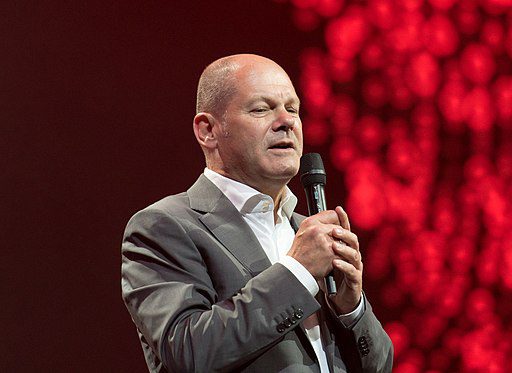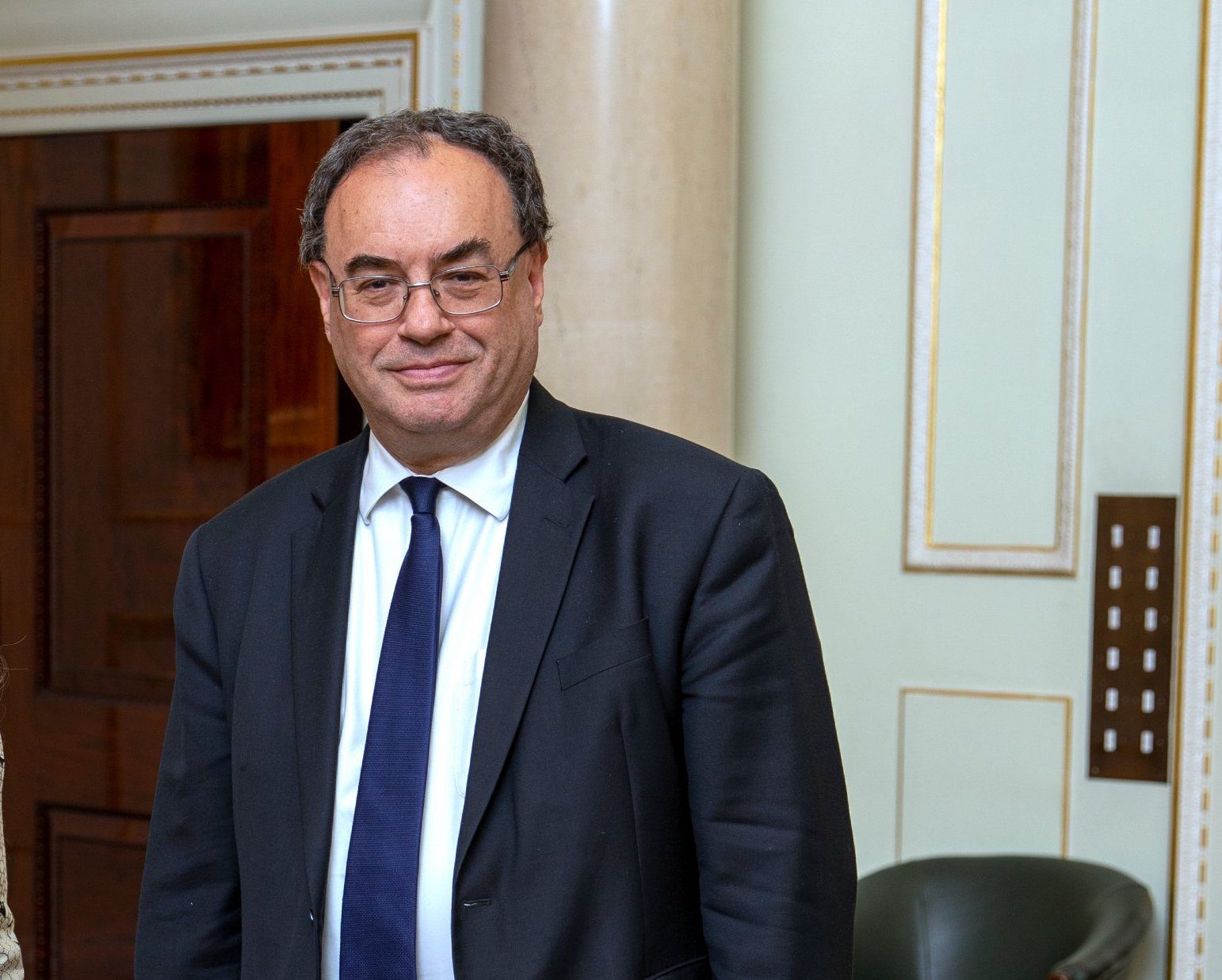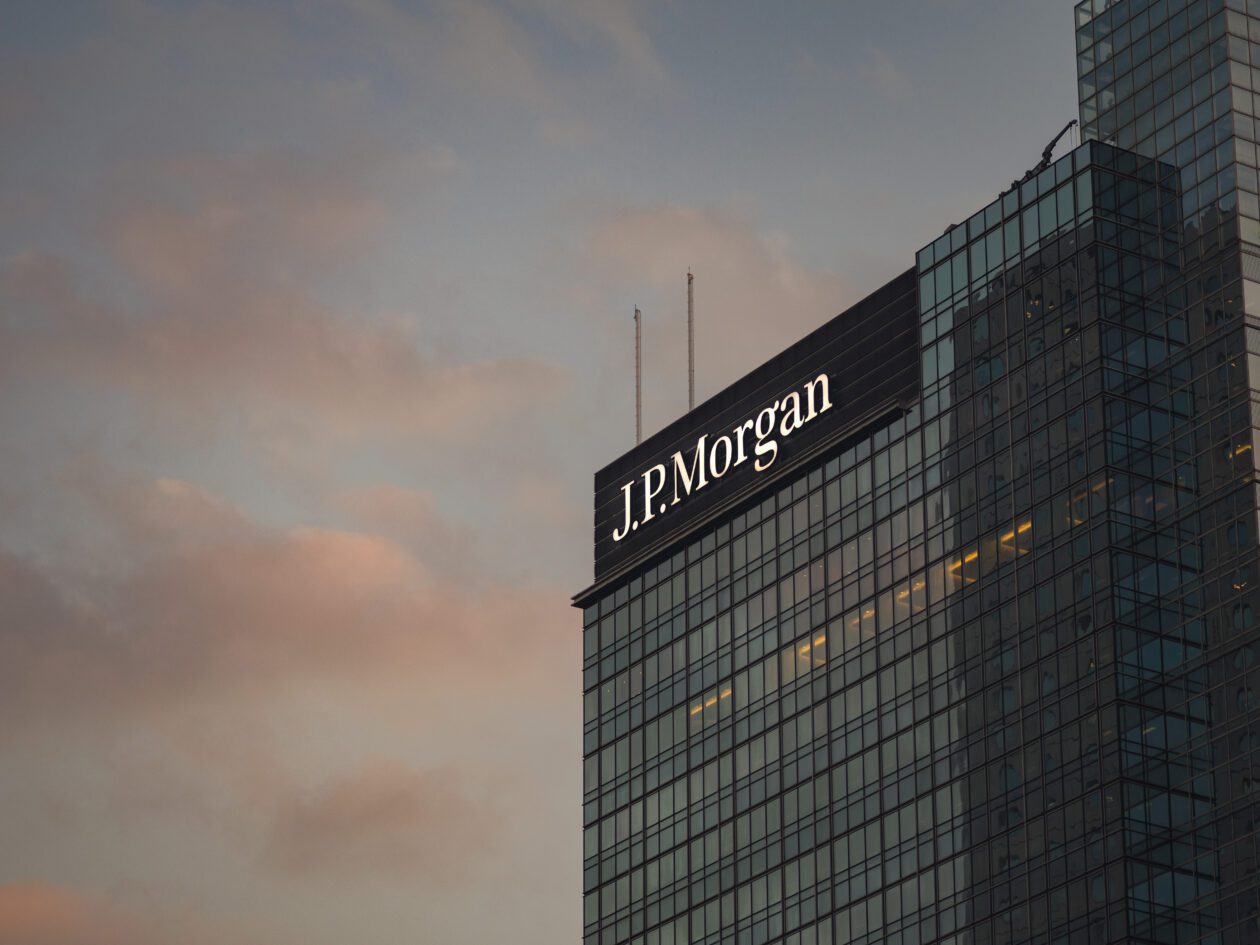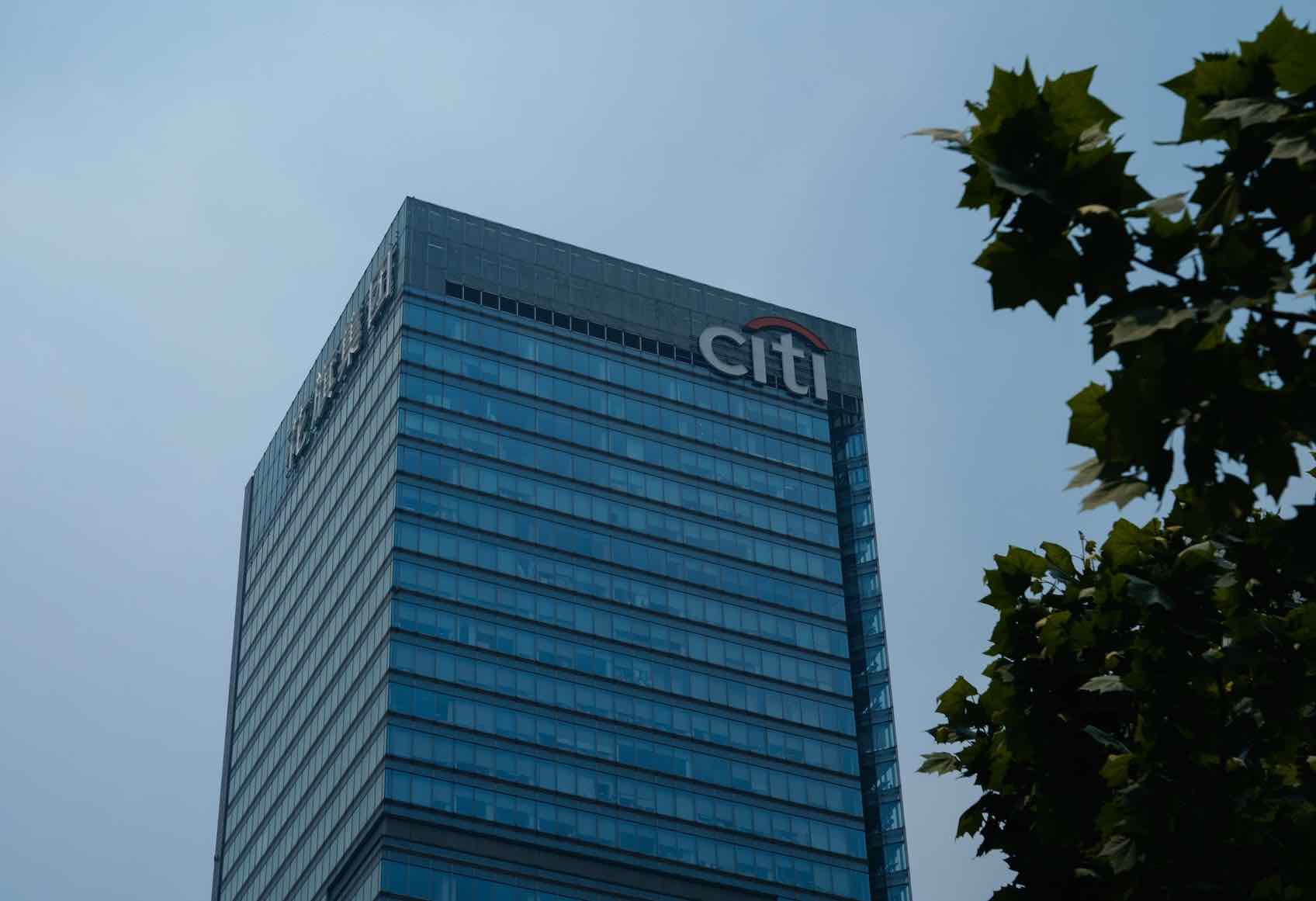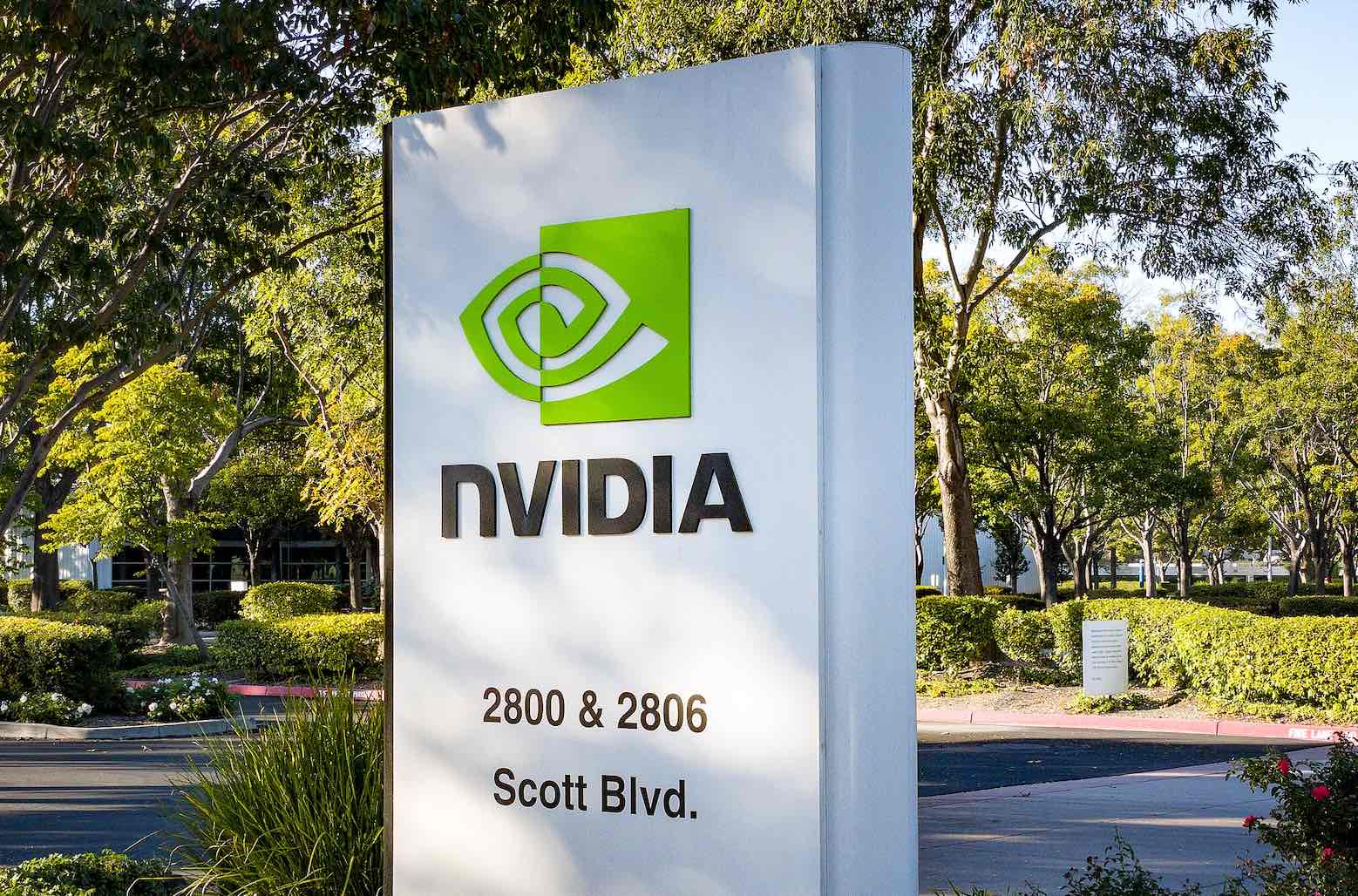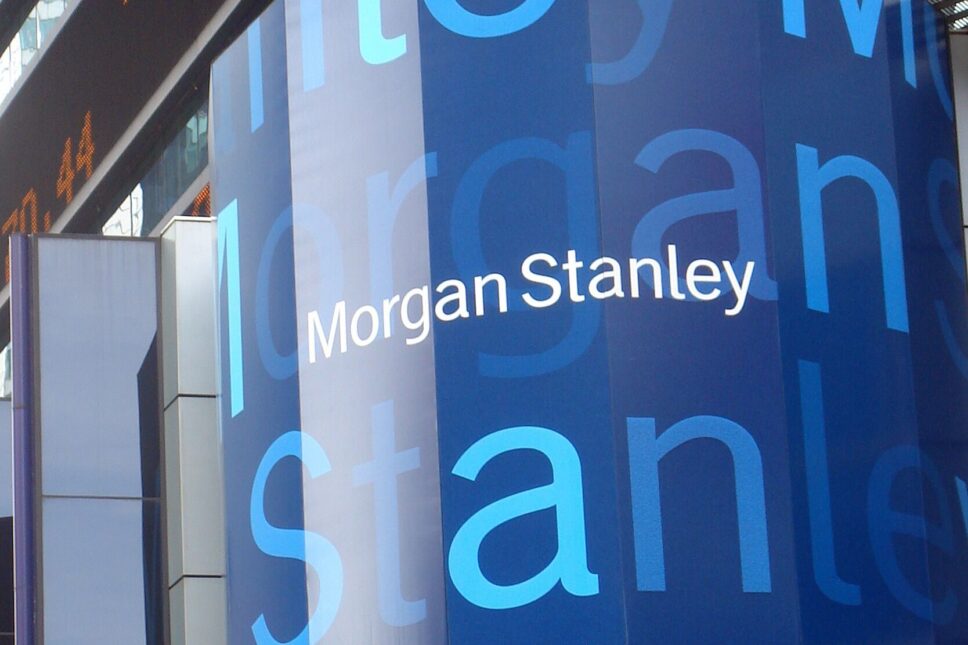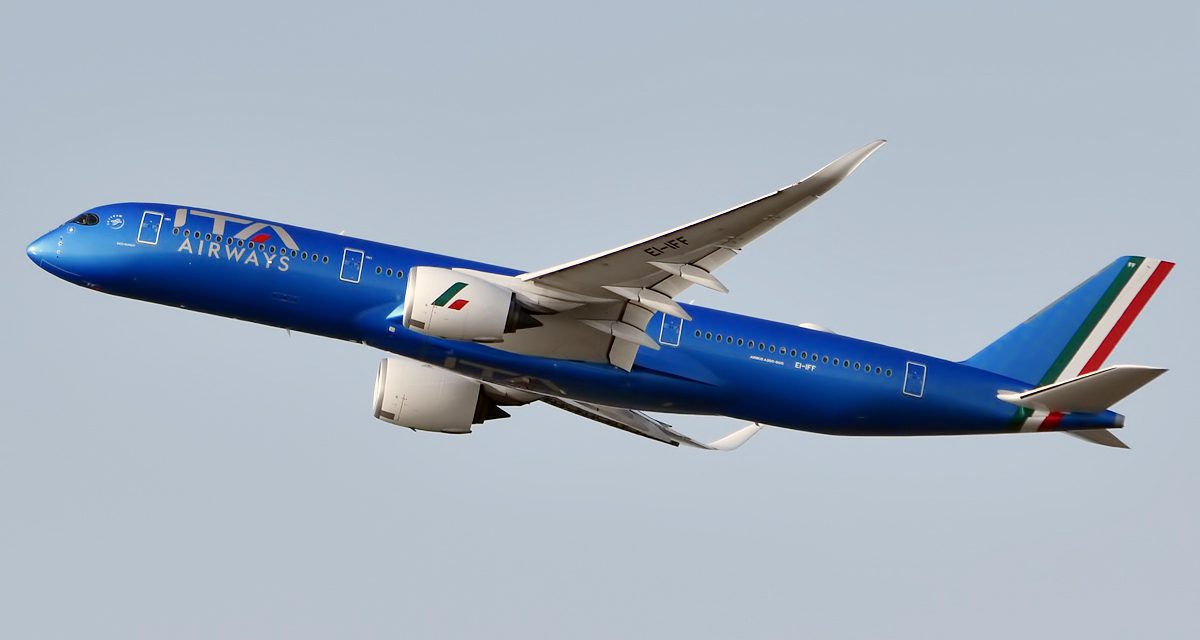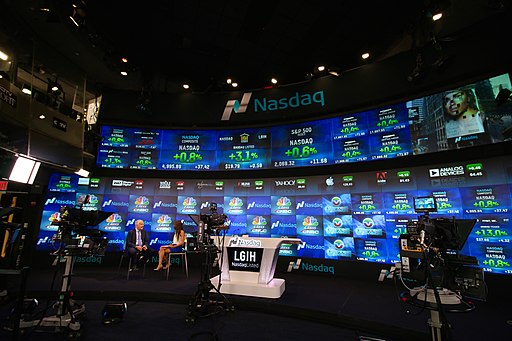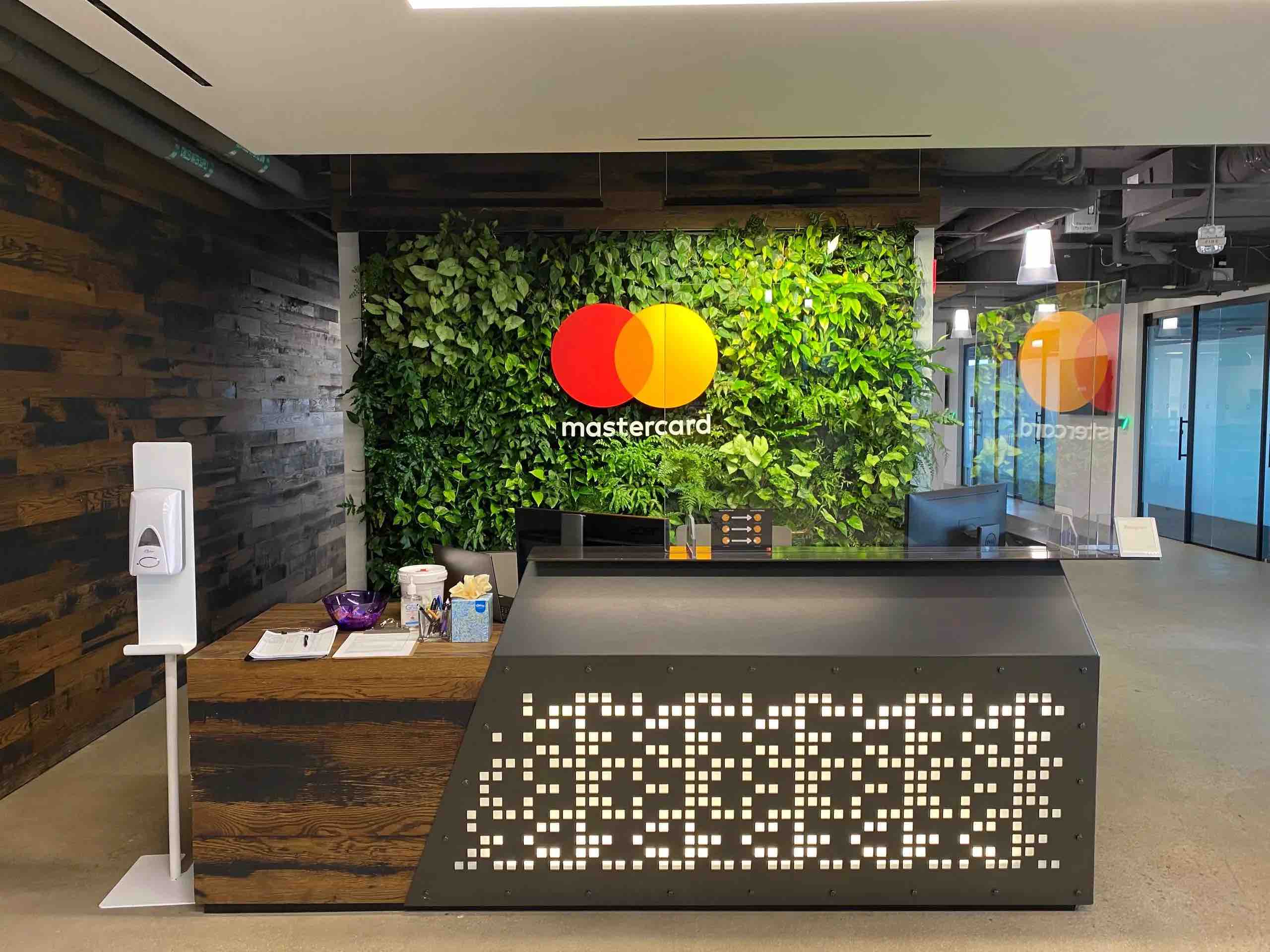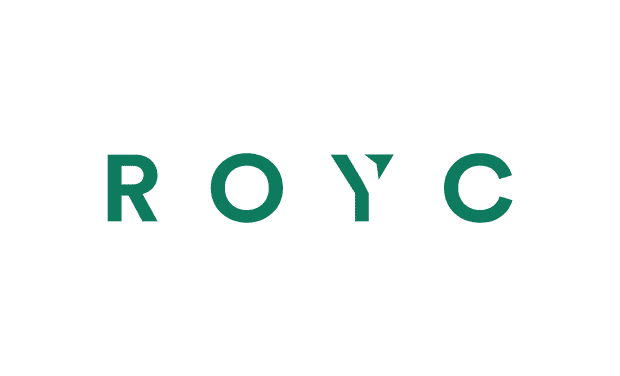Main Menu
- Regions
- Banking
-
Scholz Warns UniCredit Against Commerzbank Takeover
September 24, 2024 -
BoE Holds Interest Rates at 5%
September 20, 2024 -
JPMorgan Expands Private Banking Presence in Dubai
September 4, 2024 -
Goldman Sachs to Trim Workforce
September 4, 2024 -
Algeria Joins BRICS New Development Bank
September 4, 2024
- Investment
-
Wall Street Hits Record Highs After Fed Rate
September 19, 2024 -
Boeing Avoids Strike with Tentative Union Deal, Shares Rise 3.7%
September 9, 2024 -
Citigroup Expects 20% Surge in Q3 Investment Banking Fees
September 9, 2024 -
UK Markets Drop Amid Global Economic Concerns, Nvidia Slump
September 4, 2024 -
Morgan Stanley Narrows Gap with Goldman Sachs in Equities Trading
September 3, 2024
- Infrastructure
-
Microsoft, Blackrock partner on AI infrastructure
September 18, 2024 -
ITA Airways Secures $240 Million in Financing for New Aircraft
September 3, 2024 -
Saudi PIF Injects $1.5 Billion into Lucid to Boost SUV Production
August 6, 2024 -
Tanzania Launches Key Segment of Modern Railway Network
August 2, 2024 -
AIIB to Invest $1 Billion in African Projects
May 29, 2024
- Tech
-
Nasdaq Expands FinTech Footprint in LatAm with Nubank Partnership
September 23, 2024 -
PayRetailers Expands Footprint into Africa
September 20, 2024 -
Court annuls Google antitrust fine
September 18, 2024 -
Hong Kong to Issue Groundbreaking AI Guidelines for Financial Sector
September 17, 2024 -
Mastercard to Acquire Cybersecurity Firm Recorded Future for $2.65bn
September 13, 2024
- Featured
-
ROYC AB appoints Peter Bergenwald as Chief Information Officer to Lead the Next Phase of Growth
September 17, 2024 -
The evolution of digital assets in a digital age
July 26, 2024 -
Current Dynamics of Financial and Real Estate Markets: Insights and Strategies
June 28, 2024 -
Successful tax transformation for international organisations
June 28, 2024 -
Deuna: Changing Lives, Empowering Dreams
June 28, 2024
- Videos
- Subscribe
- Magazine
- Awards
-
